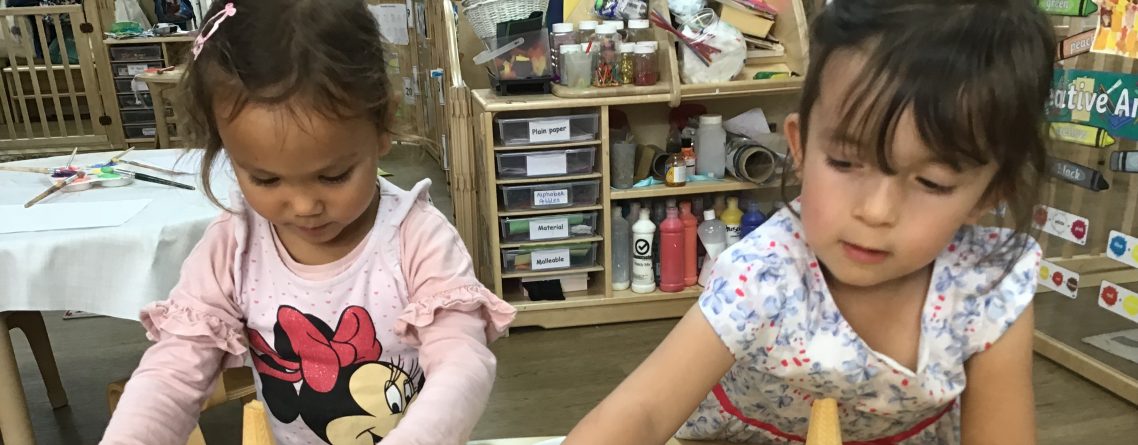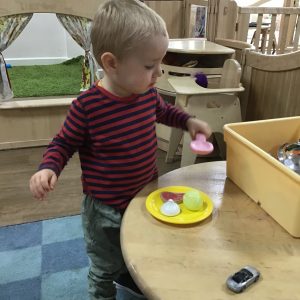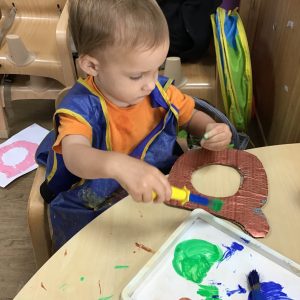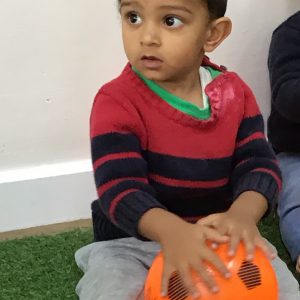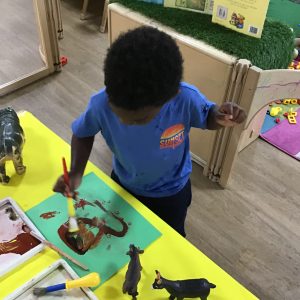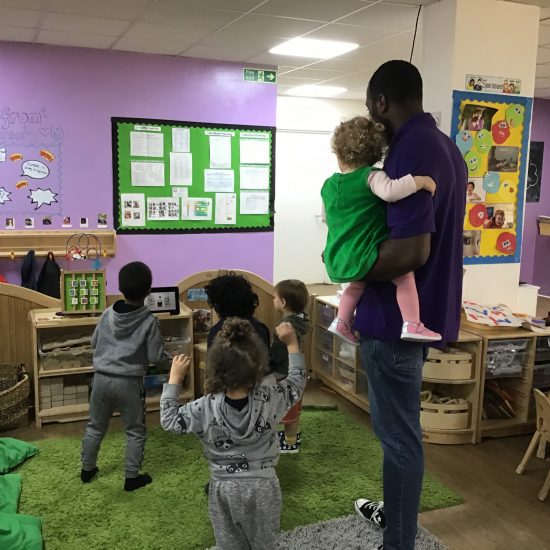After your registration process, we will email your settling in process, the dates and time to explain how your week is going to work. Starting nursery can be daunting for both children and parents. If you are planning your return to work date, be aware that during the initial phase of settling you will be expected to stay with your child for some or all the settling sessions.
We understand that no two children are the same and that they all have their own likes, dislikes and personalities. By caring for and meeting the needs of every individual to the best of our ability, we know every child can flourish, learn and have fun whilst enjoying a sense of belonging and community. We work with a key person system, What OFSTED say: An effective key-person system and settling-in process helps children to form secure attachments with the adults who take care of them, gaining comfort and reassurance as needed. Key staff share relevant information about each child as they move on to the next room, helping children to quickly feel settled in their new surroundings.
•You will be introduced with them on the first day and will be asked to complete an all about me form. They will be responsible for compiling the Learning Journey for your child for their duration in their base room.
•The key person will also update you of their progress at Parent’s Evening. Your child’s key person will sit with you on their first day to gain an understanding of your child’s personality, likes and dislikes and routines.
•To help with the settling process, we ask you to bring in some family pictures so that we can put together a book for your child to look at when at nursery, we are happy to have pictures of favourite pets too! This helps your child to settle into their environment as it gives them a sense of security seeing familiar faces from home.
Bring a comfort a toy or something they enjoys playing with into the space (let the key person know that you are doing this to support the settling in period). They can feel more grounded if they recognise a toy or game. It is normal for children to need comfort from home at the start of the nursery.
Here are a few things that you can do at home in the lead-up to your little one’s first day that will help them settle quickly:
•Your child will be likely to experience some form of separation anxiety, but this is entirely normal and would happen whether your child is at nursery. Different children develop separation anxiety to different degrees, and at different times in their lives, but nurseries are prepared for this and it is why we place so much attention and care to settle your child.
•This sounds obvious – If your child is old enough, have lots of positive conversations about how much fun they are going to have at nursery and how many new friends they’ll make. Tell them positive stories about your own experiences in similar places.
• Use the names of their teachers/keyworkers regularly so that they recognise their names and show enthusiasm, positivity and excitement about going to the new nursery. As I am sure you all know, children feed off adult’s emotions. If you are anxious, they will be anxious too, if you are excited, they will be excited too!
•Become as familiar as possible with the teachers. Get to know their names and share info about your child’s home life with them. This will give them good insight and help them to better understand your child’s needs during the settling in process.
•Try not to worry too much about your child making friends or telling you about their day. It is hard for a two/three/four-year-old to explain events from the day, and just because they may not have a ‘best friend’ straight away does not mean they are not gaining important social skills and benefits from friends in their class. Their teachers and carers will be able to point you in the right direction if you want to get to know some other families.
Finally, it is very normal for some children to find separating hard. Trust that the adults in the space know how to calm children and try to leave swiftly. Make the goodbyes short and sweet. If you linger, they can become more distressed. However, if you feel that your child isn’t settling well (after a week or two) book an appointment with the manager to discuss what strategies they use to distract and calm.
•Become as familiar as possible with the teachers. Get to know their names and share info about your child’s home life with them. This will give them good insight and help them to better understand your child’s needs during the settling in process.
•Try not to worry too much about your child making friends or telling you about their day. It is hard for a two/three/four-year-old to explain events from the day, and just because they may not have a ‘best friend’ straight away does not mean they are not developing social skills!

